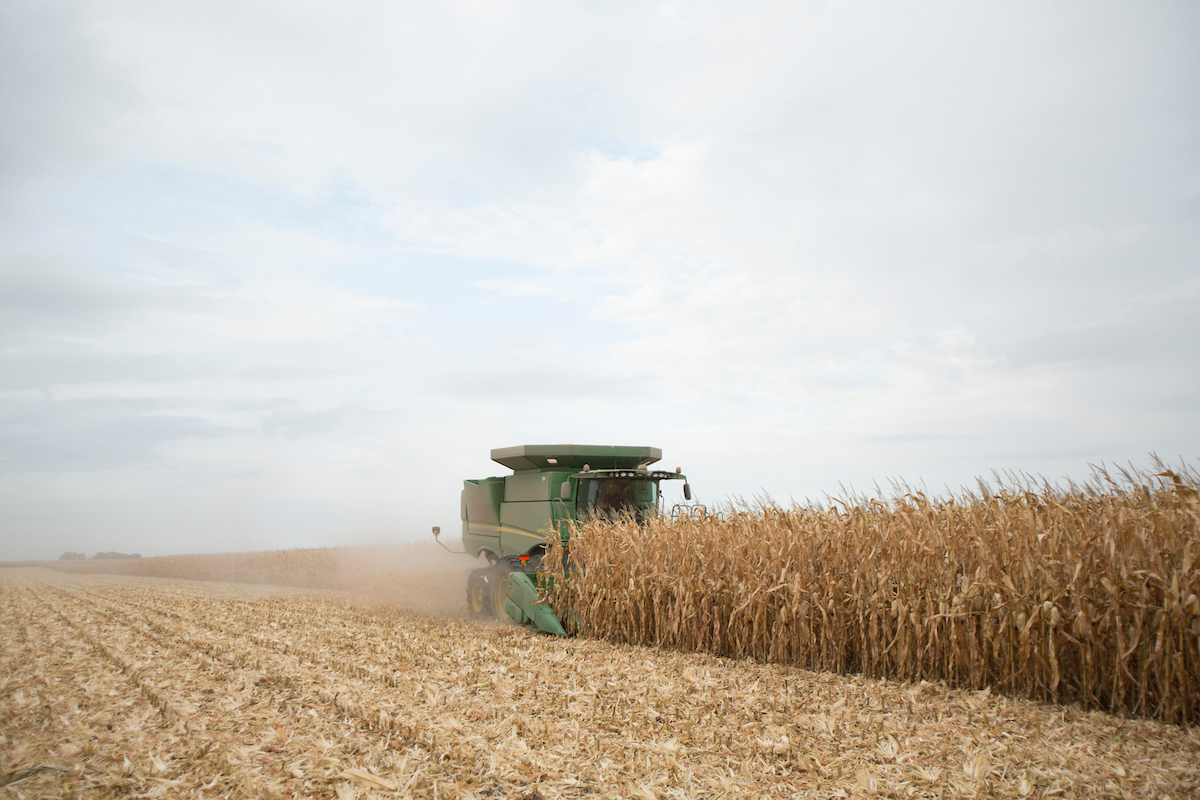The Benefits of Fall Burndown

For farmers who adopt minimum- or no-till practices, controlling weeds throughout the fall can be crucial. It’s particularly important for managing winter annual weeds like marestail and perennials such as dandelions. If marestail is allowed to overwinter, it is very difficult to control in the spring.
An early harvest and warm, dry weather will hopefully provide a wider window of opportunity for fall herbicide applications.
Benefits of Fall Weed-control Applications
There are a number of advantages to doing a fall burndown:
Keep an eye on weed control into the spring as well. In spite of its benefits, fall burndown generally doesn’t eliminate the need for a residual herbicide program in the spring to achieve effective, season-long weed control.
For specific weeds like marestail, which is a big problem in the eastern Corn Belt, you may also need a spring burndown to take care of what germinates in the early spring. But if you do a fall burndown, you can avoid dealing with tough-to-control, overwintered marestail.
Contact your local WinField retailer to learn more about fall burndown options.
An early harvest and warm, dry weather will hopefully provide a wider window of opportunity for fall herbicide applications.
Benefits of Fall Weed-control Applications
There are a number of advantages to doing a fall burndown:
- Smaller weeds: Weeds are typically smaller in the fall, so translocation provides better activity, getting more herbicide into the weed’s growing points for more effective control.
- Less compaction: Drier soils are better suited to sprayer traffic, minimizing compaction.
- Earlier planting: With more effective control, fields can dry and warm faster in the spring to allow for tillage and earlier planting.
- Greater efficiency: Equipment works better in clean fields.
- Less weed competition: Early-season weed competition is reduced to help crops get a good start and encourage uniform stands.
- Fewer pest havens: Fewer weeds means fewer egg-laying sites for insects such as spider mites and cutworms and no alternate host for soybean cyst nematodes.
Keep an eye on weed control into the spring as well. In spite of its benefits, fall burndown generally doesn’t eliminate the need for a residual herbicide program in the spring to achieve effective, season-long weed control.
For specific weeds like marestail, which is a big problem in the eastern Corn Belt, you may also need a spring burndown to take care of what germinates in the early spring. But if you do a fall burndown, you can avoid dealing with tough-to-control, overwintered marestail.
Contact your local WinField retailer to learn more about fall burndown options.


